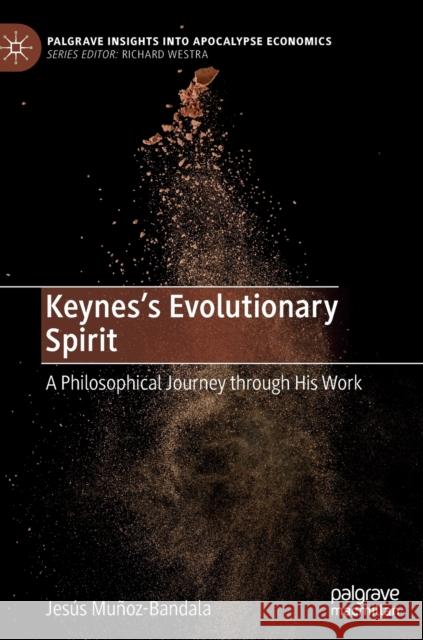Keynes's Evolutionary Spirit: A Philosophical Journey Through His Work » książka
topmenu
Keynes's Evolutionary Spirit: A Philosophical Journey Through His Work
ISBN-13: 9783030901493 / Angielski / Twarda / 2022 / 364 str.
Keynes's Evolutionary Spirit: A Philosophical Journey Through His Work
ISBN-13: 9783030901493 / Angielski / Twarda / 2022 / 364 str.
cena 441,75
(netto: 420,71 VAT: 5%)
Najniższa cena z 30 dni: 424,07
(netto: 420,71 VAT: 5%)
Najniższa cena z 30 dni: 424,07
Termin realizacji zamówienia:
ok. 22 dni roboczych.
ok. 22 dni roboczych.
Darmowa dostawa!
Kategorie:
Kategorie BISAC:
Wydawca:
Springer Nature Switzerland AG
Seria wydawnicza:
Język:
Angielski
ISBN-13:
9783030901493
Rok wydania:
2022
Ilość stron:
364
Waga:
0.51 kg
Wymiary:
21.01 x 14.81 x 1.75
Oprawa:
Twarda
Wolumenów:
01
Dodatkowe informacje:
Wydanie ilustrowane











